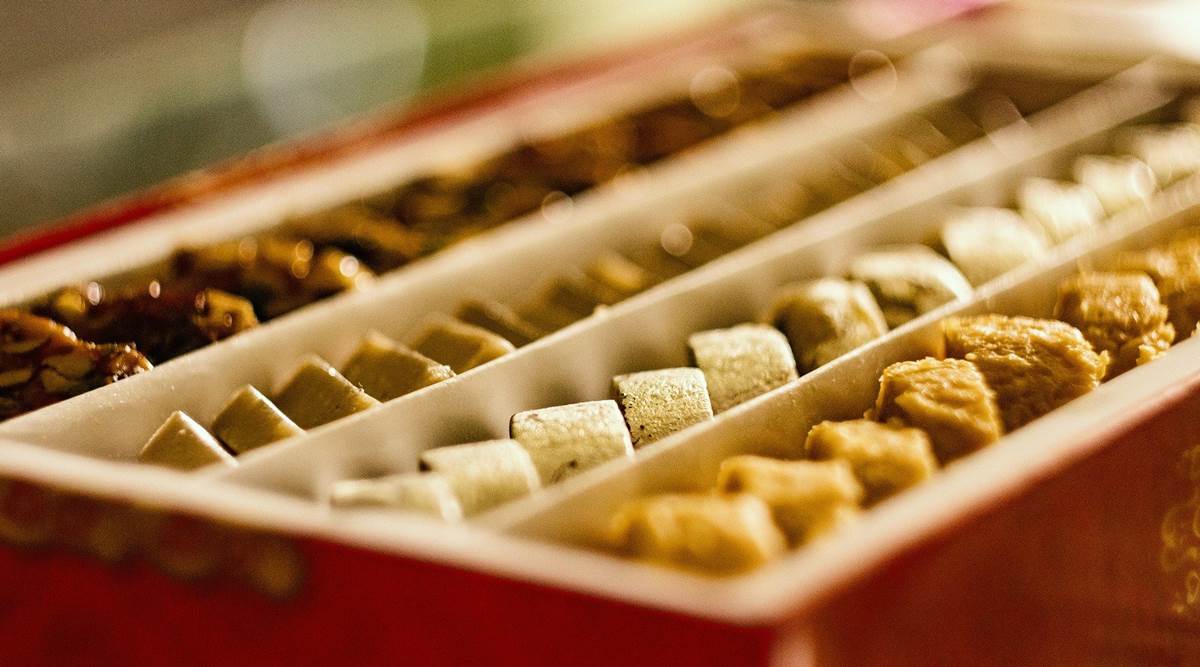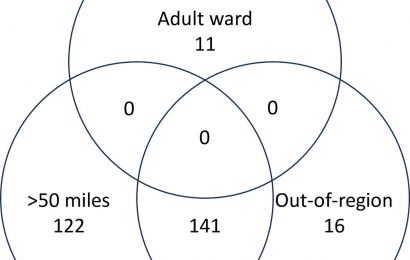"It's imperative for diabetics to be careful about their diet during the festive season, to avoid disastrous post-Diwali impact," says Dr Farah Ingale of Hiranandani Hospital, Vashi

Diwali is an important festival that is celebrated across the country. It is all about getting together, having fun, eating good food and spreading merriment. This year, because of the pandemic, the festival may have to be celebrated a little cautiously, especially by those who are immuno-compromised.
Sweets and savouries are important components of Diwali food. No Diwali day can ever be complete until you have consumed, even devoured, them! For diabetics, however, staying away from sweets can be difficult, especially when everyone else is having them. “It is imperative for diabetics to be careful about their diet during the festive season, to avoid disastrous post-Diwali impact. The extent to which diabetics can indulge in sweets during Diwali, depends on the individual’s condition,” says Dr Farah Ingale, Director-Internal Medicine, Hiranandani Hospital, Vashi — a Fortis Network Hospital.
She suggests some diet tips that can help them maintain their blood sugar level this Diwali.
* Limit the portion size of sweets, savoury, fried and fatty foods: Eat your meals in smaller plates. You can replace sugars with natural sweeteners like stevia or splenda, which are safe substitutes.
* Avoid excessive consumption of alcohol.
* Do not let household chores stress you out: This is especially true for women, who bear the bulk of the workload. Relax and enjoy. Yoga may help.
* Avoid eating food at irregular timings: Fasting for longer duration can lead to hypoglycemia (low blood sugar) and weakness which can be disastrous for diabetics.
* Feasting is avoidable too: It may lead to high sugar levels which are also not good.
* Don’t forget to focus on physical health by doing some exercises like walking, swimming, cycling etc., which are often neglected during festivities.
ALSO READ | From building immunity to improving digestion: Count on these 10 winter superfoods
If you are a diabetic and looking to fast this Diwali, Dr Ingale shares some healthy fasting tips:
– Have slow absorbing foods (which have a low glycemic index, that is complex carbohydrates) before you begin. Choose foods that will keep you full for longer, and will help in keeping your blood glucose levels stable, even during the fast. Fruits, vegetables, and salads can also be included; Insulin dosages and timings may be required to be adjusted.
– Be aware of symptoms related to low blood sugar (hypoglycemia), act accordingly if it occurs.
– It is recommended that you check your blood sugar levels a few times during the day. Your fast should also be broken if blood sugar is less than 70mg per percentage in the first few hours after you begin fasting.
– Don’t leave your stomach empty for more than two hours at a stretch. Do consume fast-friendly beverages and food items in between.
– Consume adequate water to maintain hydration.
– It is mandatory for diabetics to monitor and routinely check blood sugar levels. This is especially true because you are eating food you normally wouldn’t. Regular monitoring will tell you how well you are responding to the changed meal patterns.
– A good way to avoid binging is by opting for nuts like almonds, walnuts, and cashews; stay away from peanuts for mid-meal snacking. Also, try to stay away from high-calorie foods like deep-fried samosas. Drink plenty of water during the festive time, not only to cleanse your gut but also to keep yourself full, and to keep you away from gorging on unhealthy food. You can go for lime water, coconut water, and buttermilk. Reduce the consumption of tea, coffee, alcohol, and carbonated beverages as much as you can.
ALSO READ | FSSAI recommends four simple ways to reduce oil intake
“Build your meals to incorporate fibre-rich foods like wheat or broken wheat – khichadi, pulao, pongal, millets like sama chawal (barnyad millet) rice, amaranth flour for chapati, poori, buckwheat flour for poori, dosa, khichdi, rajgira for poori, paratha, makhana (fox nuts) for kheer, sighare ka atta for roti, chapati, samosa and poori.
“If you are preparing sweets at home, prepare them with skimmed milk instead of full-fat milk. Use stevia or splenda instead of plain sugar. Instead of deep-fried foods, opt for baked, grilled ones. Include plenty of water, clear soups buttermilk, which are safe for diabetics as they are low in calories and are filling,” the doctor advises.
For more lifestyle news, follow us: Twitter: lifestyle_ie | Facebook: IE Lifestyle | Instagram: ie_lifestyle
Source: Read Full Article


